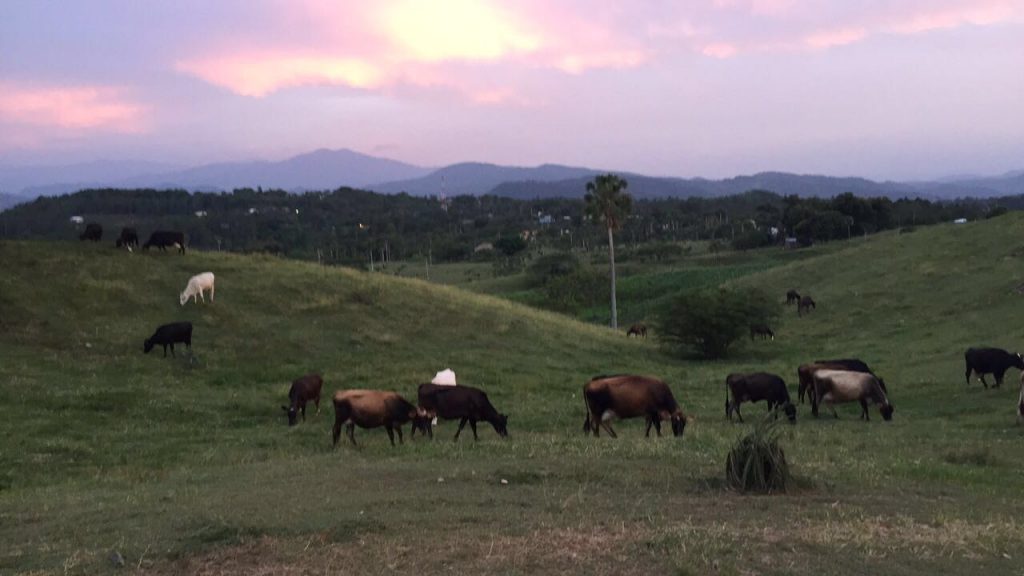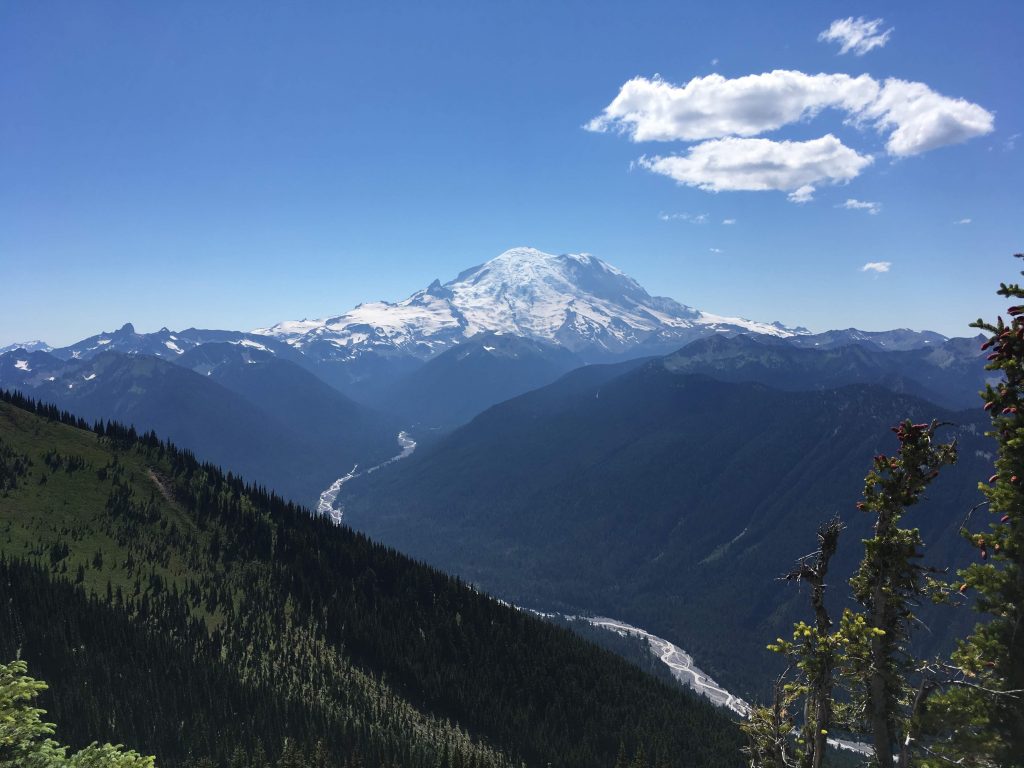
It’s Not Just a Mountain
“There it is guys!” I turned and looked out the window to see it. It was even more breathtaking than I had imagined. I had visited many mountains during my family’s yearly trips to national parks,...
Read More 2 min read
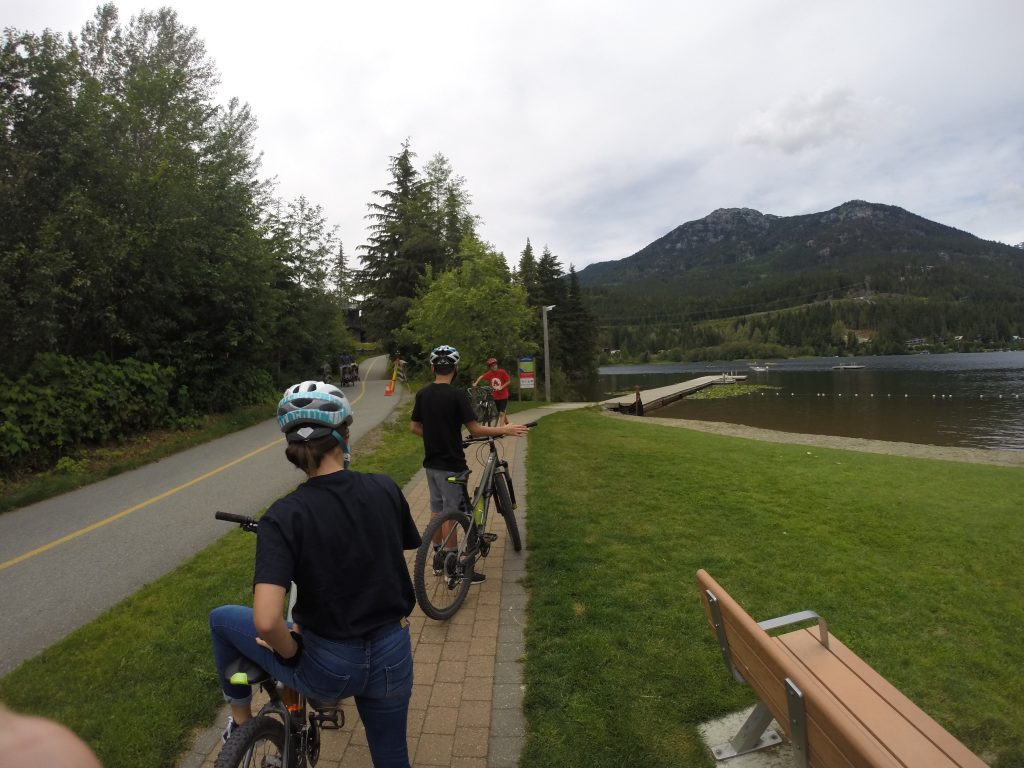
An Escape From The Concrete Jungle
They say that riding a bike is something that you remember how to do your whole life, and once you learn, you’ll never forget. This felt quite untrue as I pedaled my bike through the lush forests of...
Read More 2 min read
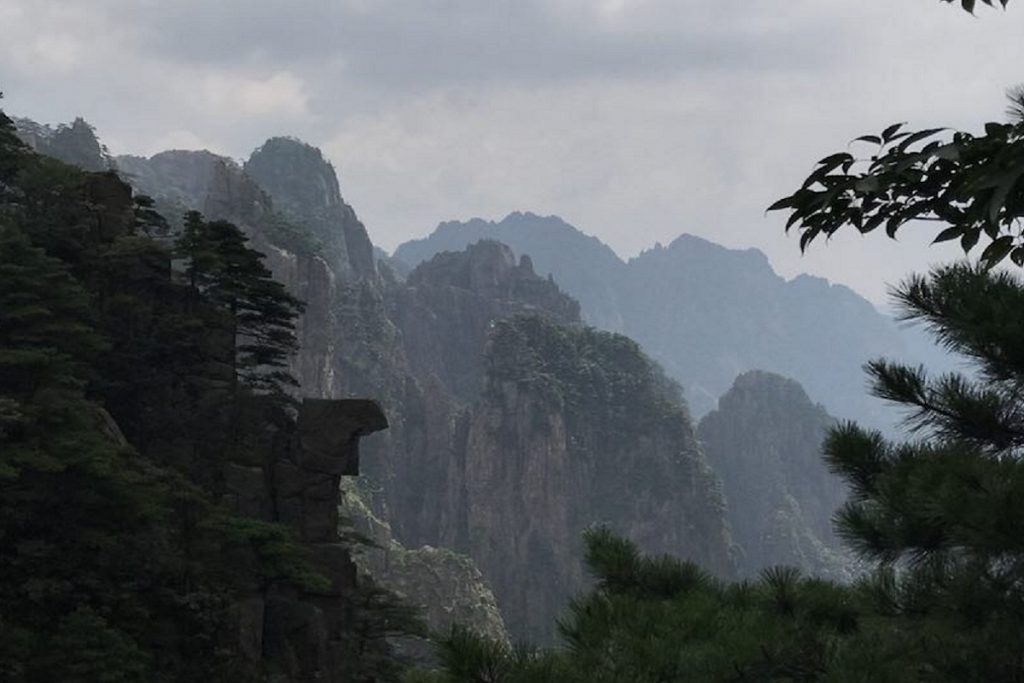
Yellow Mountain: From a Picture to Real Life
The first time I heard about Yellow Mountain (“Huangshan”) was when my dad showed me an old black-and-white photo in which he, a then-7-year-old boy, stood in front of a gray mountain and grinned widely....
Read More 2 min read
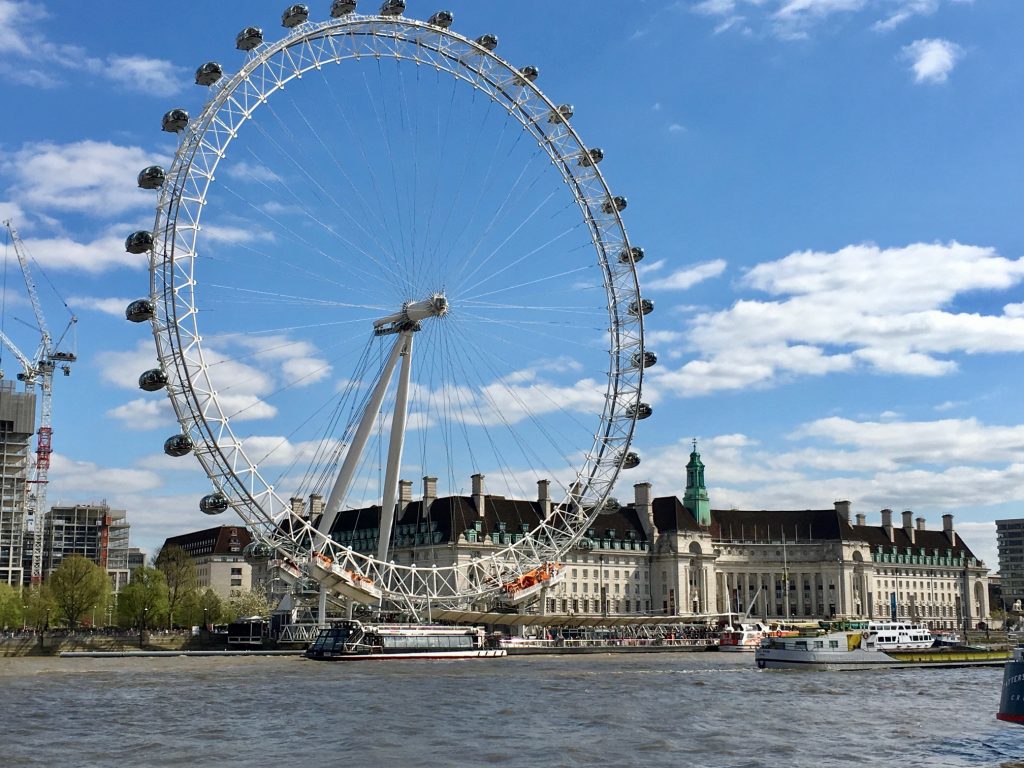
Returning Home
It had only been a few hours since I’d lugged my overstuffed suitcase off the plane, through customs, and out the double doors of the airport. But now, far from the newly remodeled, sleek corridors of...
Read More 2 min read

Dying to Go Home
It was July 11, 2018 when I stepped into the small hair salon with my new friends and tour guide. As I relaxed into the black leather chair and stared at myself in the mirror,...
Read More 2 min read
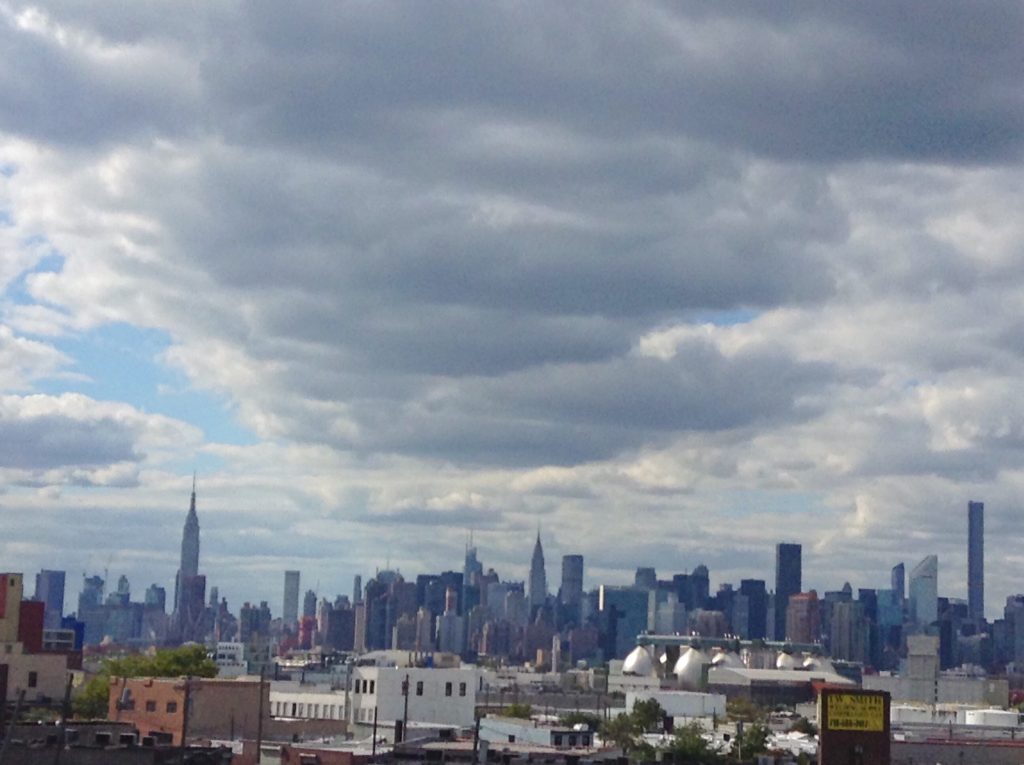
New York City’s Charm
People rushed around me hurriedly in all directions. Everyone seemed to have something vastly important to do. A smartly dressed woman, briefcase in hand and phone pressed to her ear, marched firmly, unbothered...
Read More 2 min read
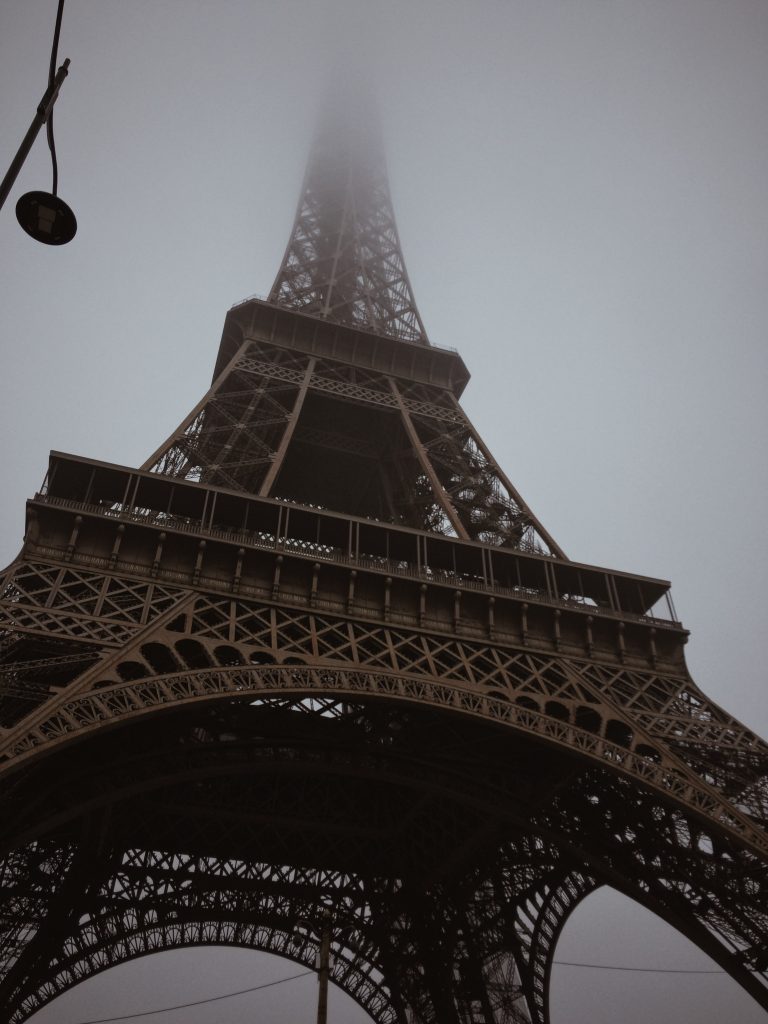
First Time Going International…try seven countries.
I come from two undocumented parents from Mexico who are not able to travel internationally because of their migratory status. This status kept my family from exploring the massively diverse cultures of...
Read More 3 min read
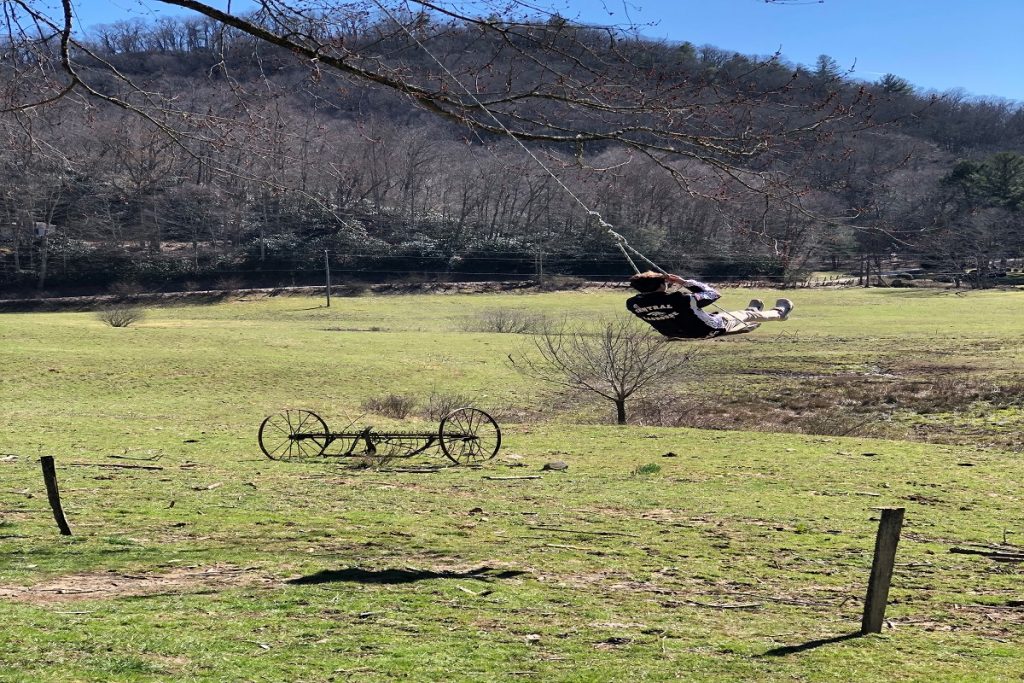
Reconnecting with Isolation; An Appalachian Expedition
Spring break isn’t often thought of as a time of spiritual exploration, and rarely yields a ‘break’ from the hustle and bustle of the commercialized world we live in. Because of this preconceived...
Read More 2 min read
